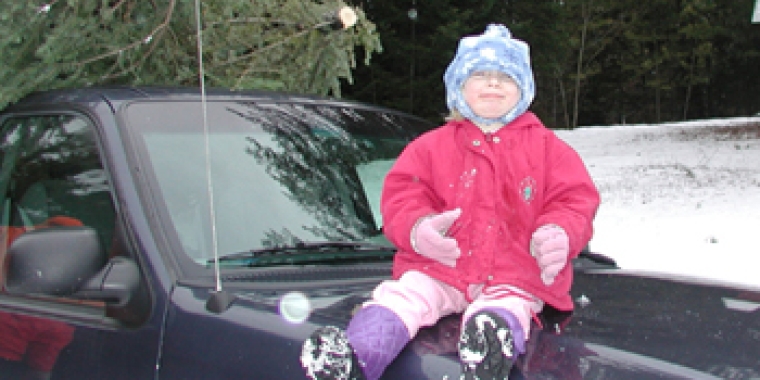
Senator Farley Says Be Prepared When Driving This Winter

Winter is here and with it comes the potential for severe snow and sleet storms, some of which we have already experienced this month.
It is always best to be prepared for the worst, especially if you must drive in unpleasant conditions. Whether your car breaks down or you are stuck in a winter storm or traffic emergency, you will want to have certain items available in the car with you. It's a good idea to carry an emergency supply kit for your vehicle in case you are stranded and waiting for help. Items to keep in your kit can include flares or emergency reflectors, flashlights and batteries, jumper cables, water and snacks, first aid kit, cell phone or calling card for a pay phone, brightly colored cloth to signal for help, blanket or sleeping bag, extra mittens and socks, small shovel, and sand or rock salt.
Be sure that you frequently check the level of windshield washer fluid. Especially in the winter, you may want to keep an extra bottle in the car.
When traveling in bad weather, let people know where you are going and what time you plan to arrive.
Make sure you visit your mechanic so that your car is "winterized." The mechanic can make sure the vehicle is in good working condition and check items such as your battery, ignition system, antifreeze and exhaust system. Have the mechanic check your treads and discuss installing good winter tires.
Always try to keep your gas tank at least half full. If you are stuck in winter weather, an adequate supply of gas will ensure that you can occasionally run the engine and use the heater (but read your owner's manual about preventing carbon monoxide poisoning in such a situation.) Another reason to maintain a sufficient fuel level is that gas pumps may not work if winter weather causes blackouts.
The New York State Consumer Protection Board and various local law enforcement agencies have been advising people to program their cell phones for "ICE" numbers. If you are in an accident and unable to respond, an emergency or medical provider will need to call a loved one on your behalf. Instead of randomly calling people in your phone's memory, they can look for numbers marked "ICE", or "in case of emergency." People should also keep an emergency phone contact number in their wallet or purse.



